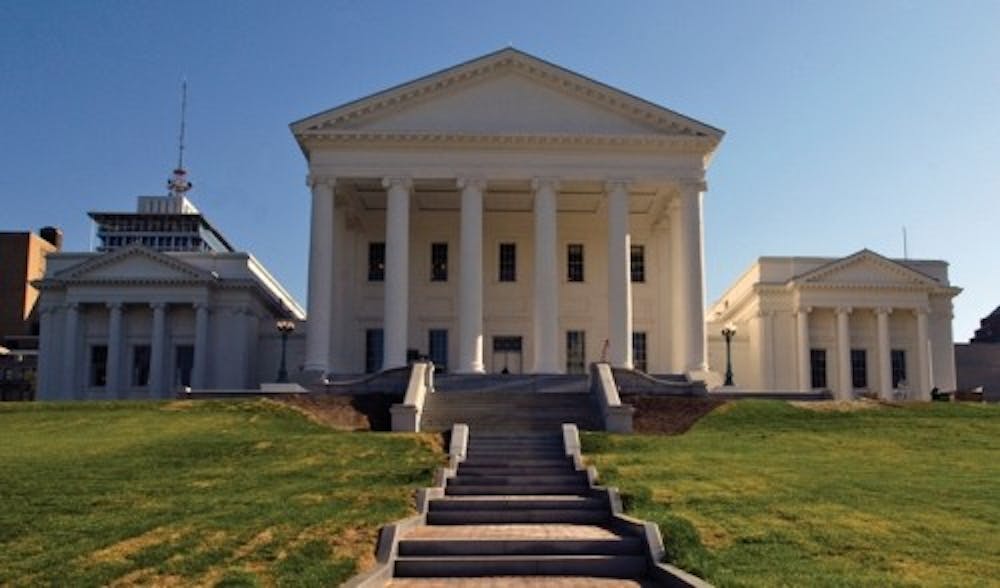The Virginia House of Delegates passed its budget 74-25 Thursday for fiscal years 2015 and 2016, as outlined in House Bills 29 and 30.
Republican Spokesperson Matthew Moran said the budget is structurally balanced and increases funding for several major areas of concern. Moran said the amount of funding devoted to Medicaid created contention.
“We are very concerned about making sure that everyone has access to quality and affordable health care,” Moran said. “We just don’t think Medicaid expansion is the best way to do that.”
On the other hand, Del. Daun Hester, D-Norfolk, said Medicaid and provisions for health care are primary concerns in the Democratic Caucus. Democratic spokesperson Ashley Bauman said in a press release Democrats are particularly concerned with a growing “coverage gap.”
As part of the Affordable Care Act, those making between 100 percent and 400 percent of the federal poverty level — or between $23,000 and $92,000 per year for a family of four — can get government-subsidized health insurance. Those making less than $23,000 must get Medicaid, a free health insurance program, but many poor adults, especially those without children, do not qualify for Medicaid under current Virginia and federal rules.
“Virginia House Republicans should stop playing petty political games with the health of hundreds of thousands of Virginians and get back to governing on behalf of their district,” Bauman said in the press release.
Virginia could make Medicaid available to those poor adults by expanding coverage under the ACA, and the federal government would pay most of the expansion costs. Republicans, however, have refused to do so. Moran said expansion would make Virginia reliant on federal funding.
“It is simply unsustainable,” Moran said of Medicaid expansion. “It is crowding out things like funding for K-12 education.”
Hester said Democrats and Republicans are still trying to resolve the issue. Gov. Terry McAuliffe campaigned on implementing Medicaid expansion, but he must first get support from a Republican-controlled House.
“There are differences of opinion regarding data and info that has made it a challenge to find a common ground on how to provide health coverage,” Hester said.
The budget includes an allocation of about $137 million from the General Fund for the University’s academic side, which is lower than the $145 million state funding projection the University made in its most recent budget. It is not clear that the two numbers are directly comparable.
The new budget allocates $240 million toward a “rainy day” fund, to be spent only in a case where government revenue drops below a certain level.
“We are constitutionally obligated to make those deposits based on revenue adjustments,” Moran said. “It is obviously, even if it wasn’t required, the right approach.”
Hester said all states are required to keep a rainy day fund. Hester said having the fund is especially important given McAuliffe’s office’s prediction about the downturn in revenue in the coming fiscal years.
“I do think we need to have a rainy day fund because of the projection,” Hester said.
There will also be $20 million set aside for tuition moderation across Virginia schools, Moran said.
“We want to do everything we can to keep college affordable,” he said.
Hester said the $20 million dollars set aside for tuition moderation is a sufficient amount.
“I think we’ve done a decent job with our institutions of higher education,” Hester said.
Susan Clark, legislative assistant to Appropriations Committee Chair Chris Jones, R-Suffolk, said the goal of the budgeting process is always to set aside money appropriately.
Hester said the General Assembly is still reviewing the budget bills and has not passed any final version yet.
“I really can’t say what the [final] budget is going to look like,” Hester said.







